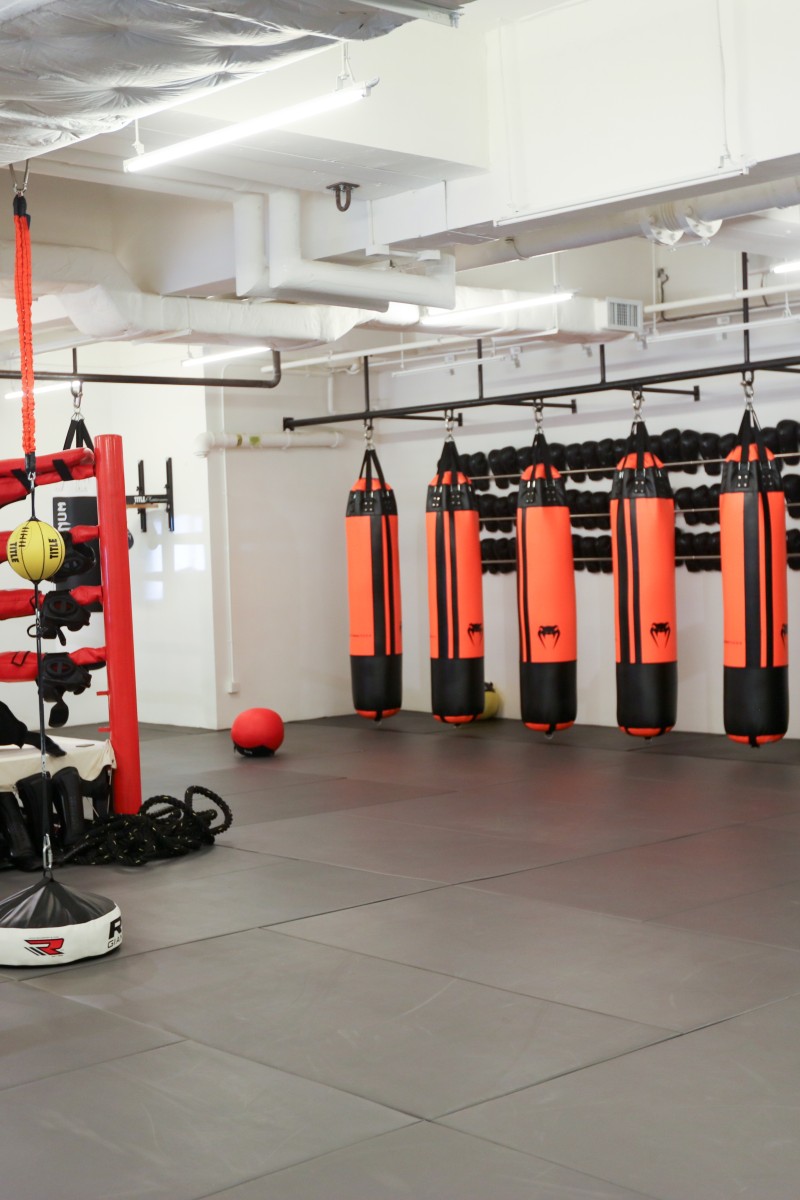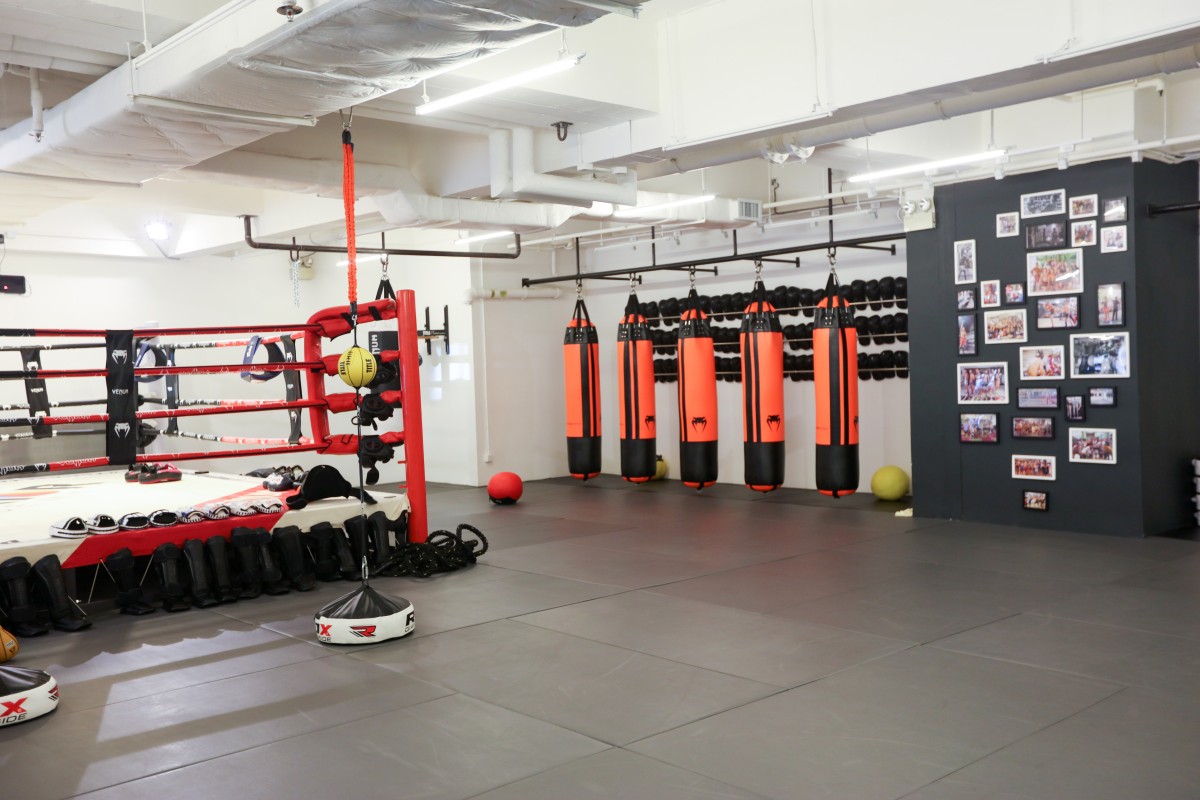
Face Off: is Hong Kong really a health-conscious city?
Each week, two of our readers debate a hot topic in a parliamentary-style debate that doesn’t necessarily reflect their personal viewpoint. This week...
 There are many gyms and fitness centres in our busy city.
There are many gyms and fitness centres in our busy city.Karl Lam, 16, German Swiss International School
Hong Kong is home to many gyms and fitness centres. Places, such as XYZ, Hype or Torq that offer spin classes and Salsa & Bachata dance courses, have all successfully repackaged boring gym classes into an upscale, enjoyable experience, complete with fun playlists and state-of-the-art shower facilities.
XYZ’s indoor cycling studio on Queens Road in Central, for instance, combines rigorous exercise with a nightclub experience. Friends can buy each other gift cards for spin classes or a trial package, which helps to attract Hong Kong’s millennials.
But it’s not just physical fitness they’re selling – they are focusing on healthy eating, too, because more and more young people in Hong Kong are becoming aware of the importance of a healthy lifestyle. Whether you’re vegan, dairy-free, or gluten-free, there’s something for everyone, and the numerous new eateries and artisan cafes that are popping up on every street corner show that healthy eating doesn’t have to be a bland experience.
Forget Burger King; Mana! Slow Fast Food sells Instagram photo-worthy tofu burgers; and Genie Juicery offers juices designed to cleanse our bodies, getting rid of toxins and increasing our energy.
The government has even made changes to our city to encourage healthy living and spending more time outdoors, with the construction of the 17,000-square-metre green space in Tamar Park, for instance.
What’s more, bike-sharing programmes, in particular, SmartBike, have become a trendy, healthy and cheap option that complement government-funded facilities like the cycle paths in West Kowloon Cultural District. Gobee.bike, Hong Kong’s largest bicycle-sharing operator, has also made its mark on the city, providing services in the New Territories, Lantau Island and Kowloon.
In conclusion, I believe that government efforts, along with healthy eateries and fitness studios, will continue to raise the city’s health awareness.
Joy Lee, 15, South Island School
No, definitely not.
First, let’s examine the mental health situation. One in six Hongkongers suffer from a diagnosable mental illness. 2015 alone saw more than 922 suicides. An article in the SCMP, published in October 2017, argues that the main cause of such statistics is a “competitive culture, strong stigma and indifference”. Along with a school system often described as a “pressure cooker”, it seems like Hong Kong still has a long way to go in terms of caring for its people’s mental health.
Mental health issues are often trivialised as being a show of weakness or guilt, and in some cases, even thought to be made up. Mental health services in Hong Kong are also underdeveloped, with only 356 public psychiatric doctors serving more than 24,000 patients. Therefore, it is almost impossible to argue that Hong Kong is a health-conscious city.
Physical fitness is not an area to celebrate either: a survey by the University of Hong Kong in 2015 and 2016 showed that half of Hongkongers can be classified as physically inactive. One in five people are overweight. These numbers can be attributed to two factors: a high salt and sugar diet, and lack of space to exercise.
A lot of Hongkongers are now focusing on eating healthy food, but many of them still don’t realise that “organic” and “healthy” may not mean the same thing. An organic double-fudge chocolate sundae has almost the same amount of sugar and fat as the ice cream served by a fast-food restaurant.
Hongkongers desperately need to be taught how to maintain a healthy diet, and be given more motivation to exercise. For example, a free, government-funded sporting activity in each district would certainly help to improve Hongkongers’ physical well-being and awareness.
This should serve as a reminder for people to become more health-conscious. After all, knowing the problem is always the first step.